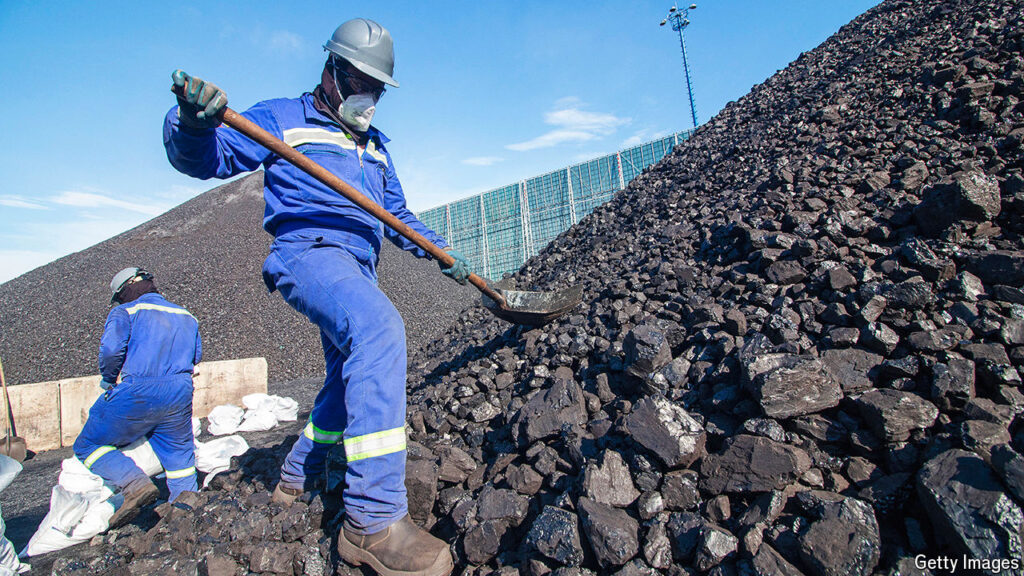When looking at the current state of thermal coal, it appears to be facing some challenges. Prices for this notoriously dirty fuel have decreased slightly, and one of the biggest consumers, China, is experiencing economic difficulties. Additionally, the rise in hydropower generation in China is causing a squeeze on the demand for thermal coal. The impact of these factors can be seen in the mining industry, as stocks are currently trading at a significant discount.
This year, there have been significant developments in the global push towards cleaner energy sources. In May, the Group of Seven (G7) nations made a commitment to phase out coal plants that do not capture emissions by the year 2035. This agreement demonstrates a growing worldwide consensus on the importance of transitioning towards more sustainable energy practices. The move away from coal is not only beneficial for the environment but also plays a key role in addressing the global climate crisis.
The effects of these shifts in the energy landscape are being felt keenly by coal mining companies around the world. Companies that rely heavily on thermal coal are facing increasing pressure to adapt to the changing market dynamics. The decreasing demand for coal, coupled with regulatory efforts to limit emissions, has created a challenging environment for the industry. As a result, mining stocks have been trading at a substantial discount, reflecting the uncertainty and volatility in the sector.
Despite these challenges, there are still regions where thermal coal remains a significant source of energy. In countries like India and Indonesia, coal continues to play a crucial role in meeting energy needs. However, even in these markets, there is a growing awareness of the need to transition towards cleaner sources of energy. As the global energy landscape evolves, coal-dependent economies will need to diversify their energy sources to ensure long-term sustainability.
In the face of mounting pressure to reduce emissions and combat climate change, the future of thermal coal is uncertain. While some countries and industries are moving away from coal, others are still reliant on this fuel for power generation. The dual dynamics of decreasing demand in some regions and continued reliance in others create a complex challenge for the coal industry.
As the world grapples with the urgent need to address climate change, the role of thermal coal is being scrutinized more closely than ever. The transition towards cleaner energy sources is gaining momentum, and coal is increasingly seen as a part of the problem rather than the solution. In this changing landscape, coal mining companies must adapt to survive and thrive in a world that is increasingly focused on sustainability and environmental responsibility.
In conclusion, thermal coal is facing a tough year as prices decline, demand shifts, and regulatory pressures mount. The global push towards cleaner energy sources is reshaping the energy landscape and challenging the viability of coal as a primary fuel source. While the future of coal remains uncertain, the industry must evolve to meet the changing demands of a world that is increasingly focused on sustainability and combating climate change.只












